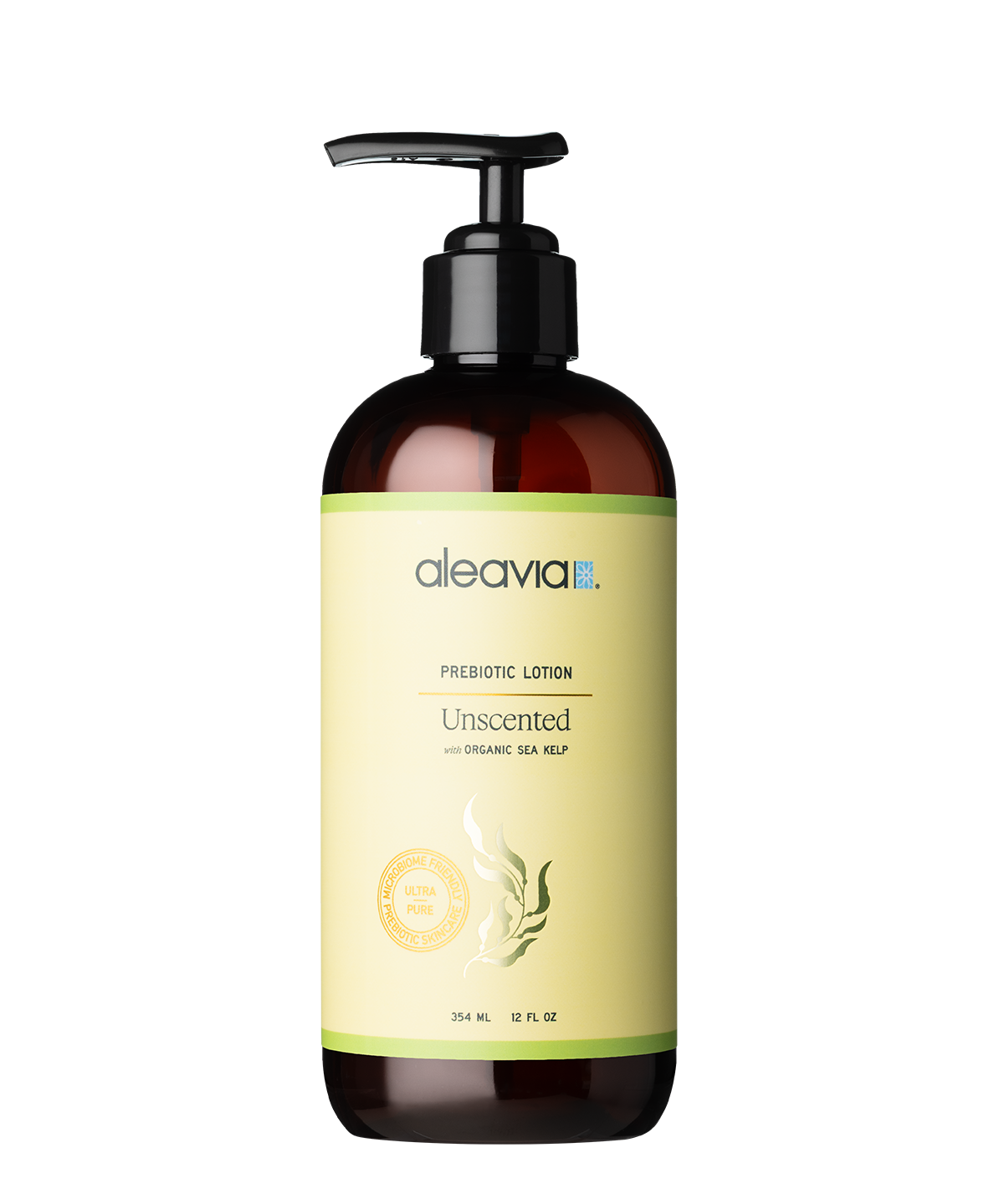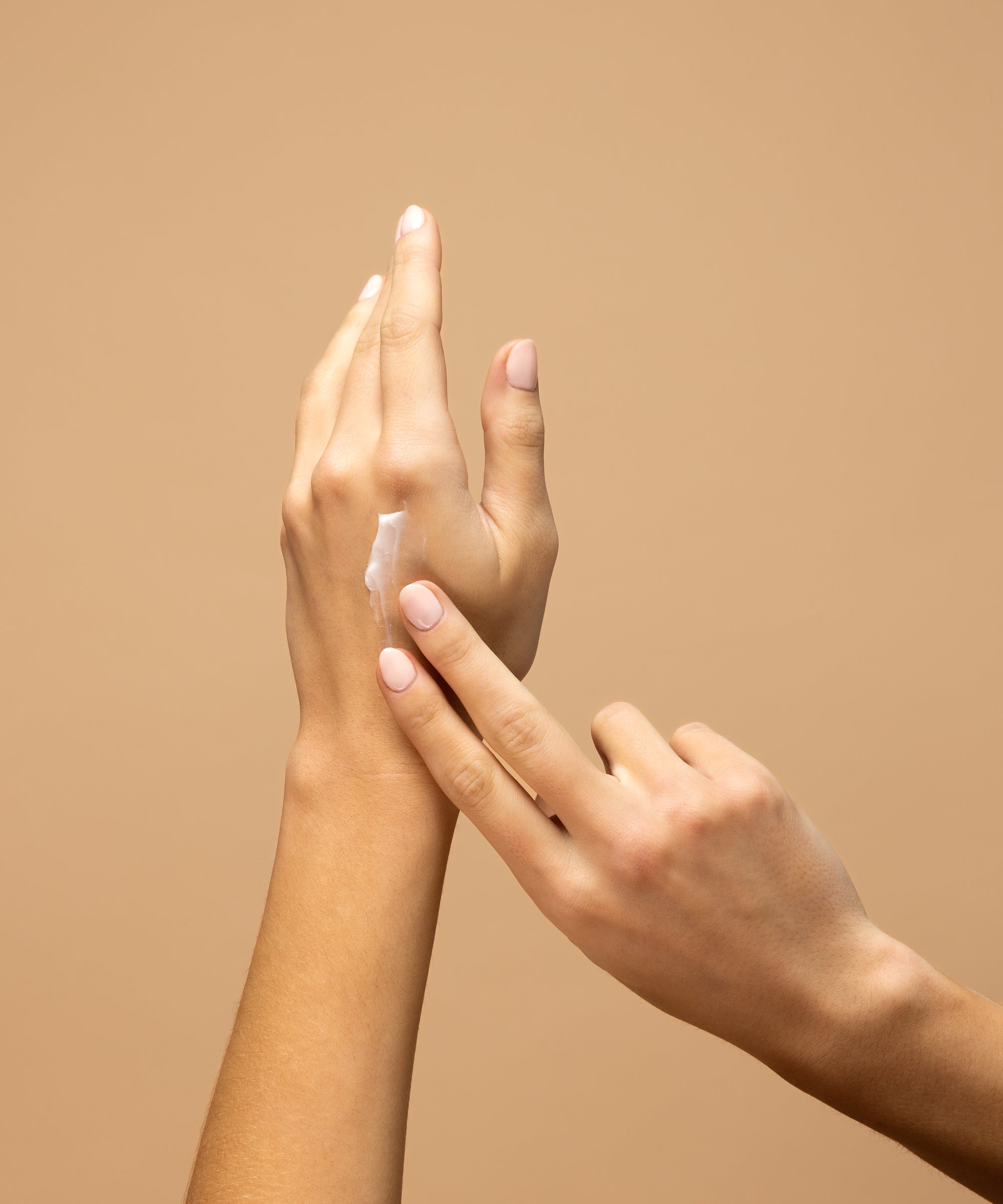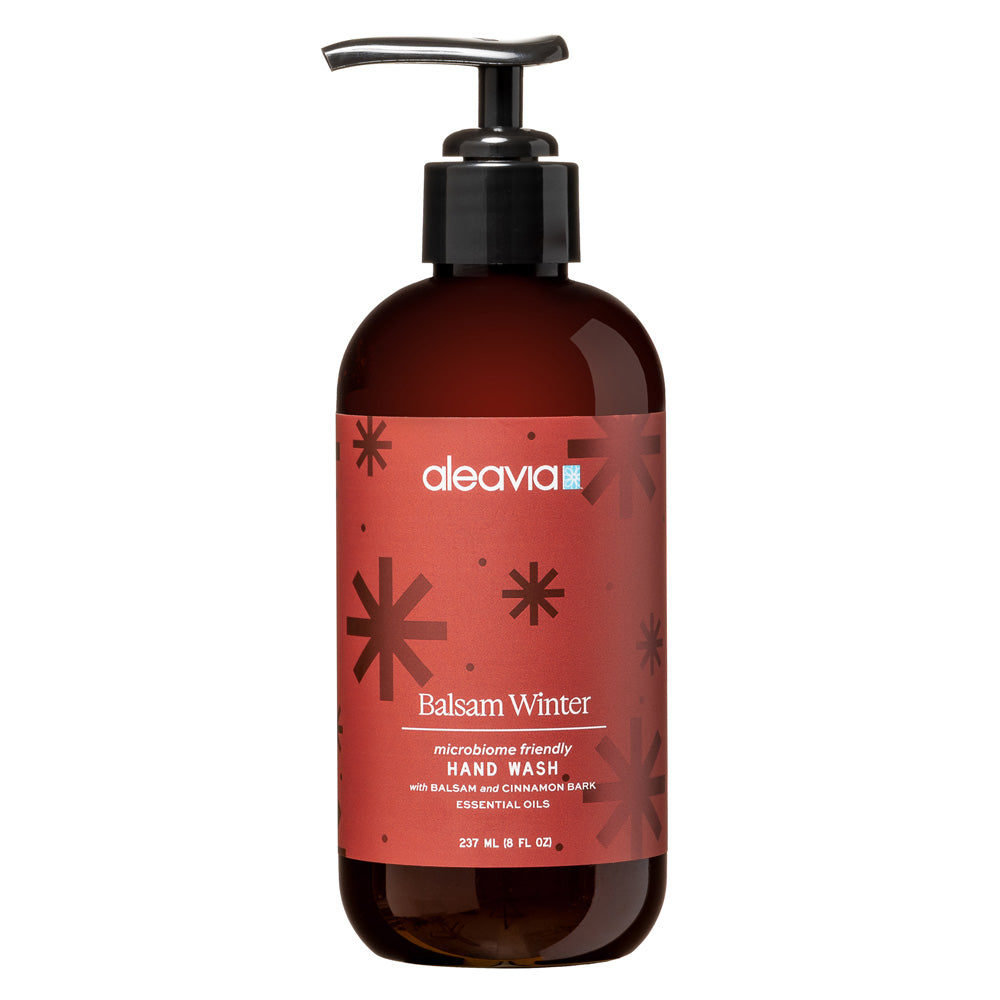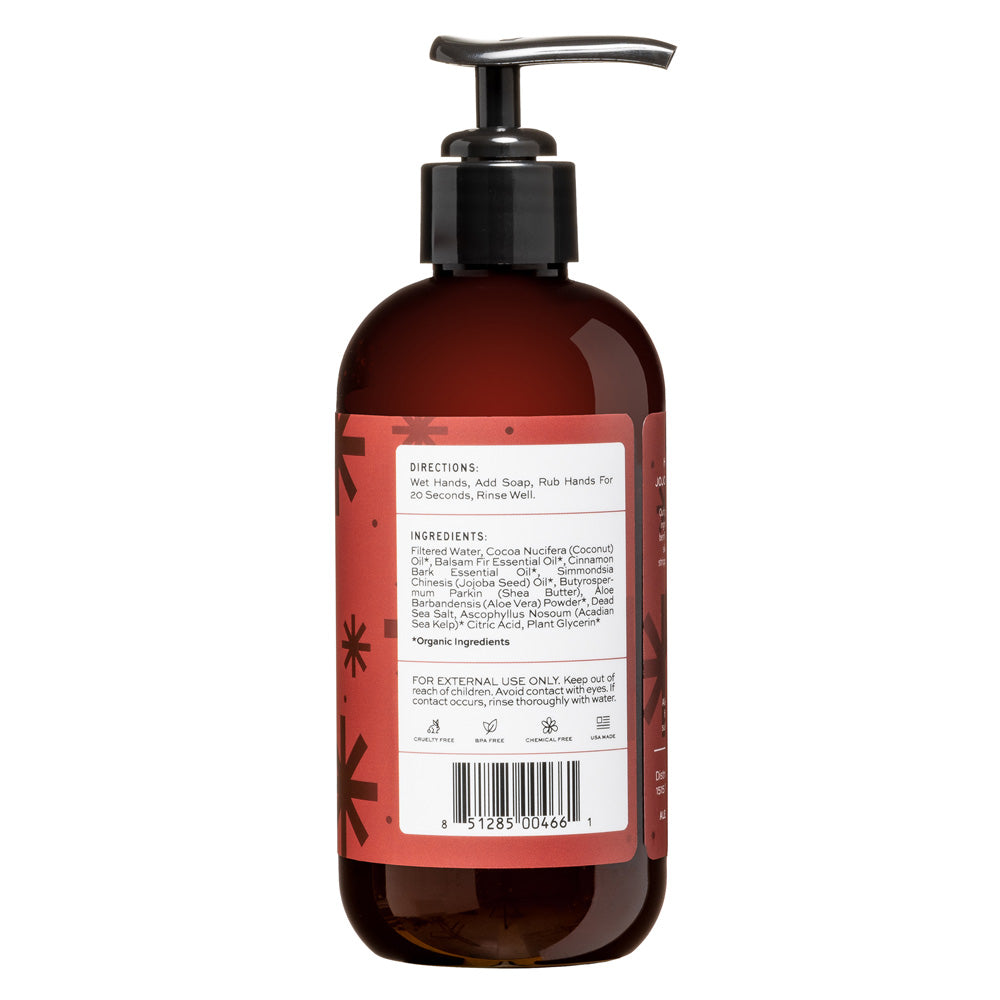Shea Butter
Shea Butter (Butyrospermum Parkii) is a rich, creamy fat extracted from the nuts of the shea tree, which grows primarily in West Africa. It's been used for centuries in traditional African medicine and beauty practices—and today, it's a staple in modern skincare.
What is Shea Butter?
Shea butter is a plant-based fat that's solid at room temperature and melts on contact with skin. It’s naturally high in fatty acids (oleic, stearic, palmitic, and linoleic acids, vitamins A, E, and F, as well as triterpenes, which have anti-inflammatory and antioxidant properties. It’s perfect for those with dry or flaky skin, sensitive or reactive skin, mature skin, post-sun exposure, wind-burned or chapped areas—and even baby skincare.
How is Shea Butter used in skincare?
You'll find shea butter in all kinds of formulations:
- Moisturizers and creams (for face and body)
- Lip balms
- Hand salves and foot butters
- Soothing balms for sensitive or irritated skin
- Hair conditioners
- Soap bases and cleansers
It can also be used raw and unrefined, straight from the jar, which preserves more of its nutrients, but has a more earthy scent and grainier texture.
What are the benefits of Shea Butter for your complexion and skin microbiome?
Shea butter supports the skin barrier, which in turn helps maintain a healthy, balanced microbiome. It's also not overly antiseptic or stripping, making it ideal for nurturing diverse, beneficial skin flora. If you're layering skincare or formulating your own, shea butter is a microbiome-safe base—especially when combined with prebiotics, probiotics, or ferments. Let’s take a closer look at all of shea butter’s skin benefits:
- Deep Moisturization: Shea butter is an emollient—it fills in the spaces between skin cells, smoothing and softening. It helps restore the lipid barrier, locking in hydration without clogging pores.
- Anti-Inflammatory Effects: Chronic inflammation disrupts microbiome balance. Shea butter contains cinnamic acid derivatives and lupeol, which help calm redness, irritation, and inflammatory skin conditions like eczema, rosacea, or psoriasis.
- Mild Antimicrobial Action: Shea butter has light antimicrobial effects (especially unrefined shea), which can help reduce overgrowth of harmful bacteria like Staph aureus—without wiping out the good guys like Cutibacterium and Streptococcus species. It’s a balanced protector, not a disruptor.
- Antioxidant Protection: Vitamins A and E act as antioxidants, helping to protect skin from free radical damage and premature aging.
- Non-Disruptive to Microbial Balance: Unlike synthetic antimicrobials or harsh actives, shea butter doesn't overly cleanse or strip the skin. It’s gentle and non-toxic to beneficial microbes and provides a moist, nutrient-rich layer that many good bacteria love.
- Skin Repair & Healing: Shea butter promotes collagen production and speeds up wound healing, making it great for dry patches, minor cuts, and post-acne marks.
- Mildly Non-Comedogenic: Shea butter ranks around 0 to 2 on the comedogenic scale, meaning it’s generally safe for acne-prone skin—but patch testing is always a good idea.
- Barrier Repair: A resilient skin barrier is essential for a thriving microbiome. Shea butter is rich in essential fatty acids (like oleic, stearic, and linoleic acids), which help strengthen the skin’s natural lipid matrix, prevent transepidermal water loss (TEWL) and create a stable environment for beneficial microbes. When your barrier is intact, your microbiome is less prone to disruption from things like pollution, harsh cleansers, or over-exfoliation.
- Mild UV Protection: Shea butter offers a natural SPF of about 3–4. It’s not a replacement for sunscreen, but an added bonus.












